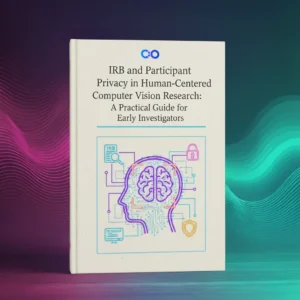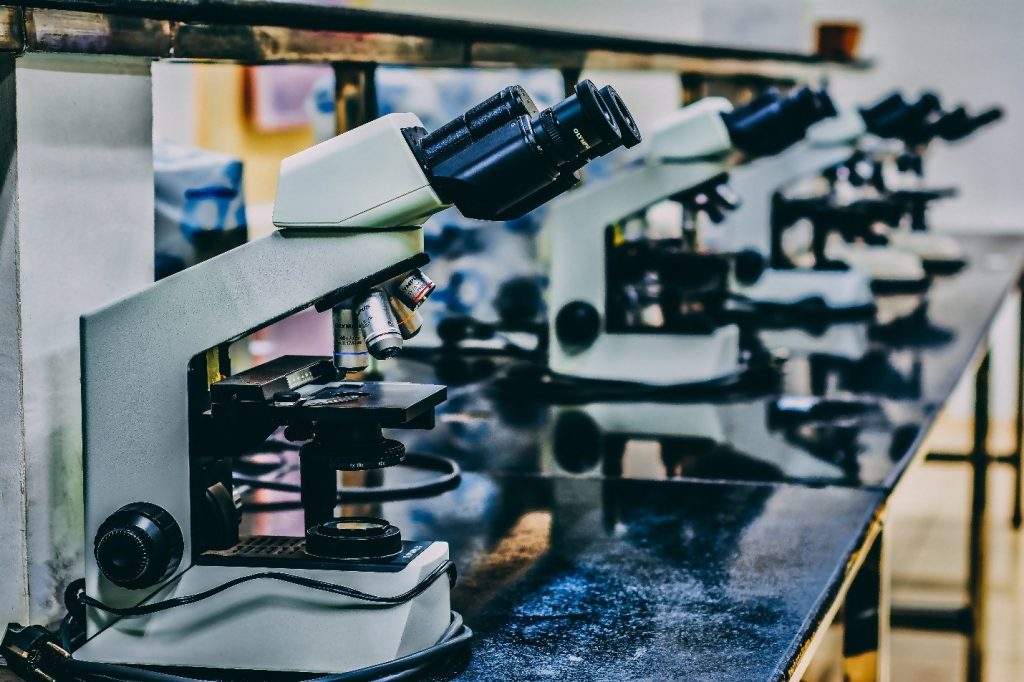

A study carried out by a team of scientists from the Biomedical researchers at KU Leuven found a new way to examine endometrial disorders. These disorders constitute a significant gynecological burden. The existing research models failed to understand and analyze the nature of these diseases. The team overcame this obstacle by creating long term organoids from a vast spectrum of endometrial pathologies.
In general, scientists developed multiple organoid models that are analyzed to understand the endometrial disorder and its diversity. This new advancement will allow for more detailed research studies of the condition to develop and it will also aid in the advancement of drug screening tools.
This new study focuses on understanding the heterogeneity and nature of these endometrial disorders which other current models have failed to take into consideration. Endometrial disorders are potentially lethal conditions that are associated with female infertility and endometriosis cancer. Endometrial disorders are traditionally treated by surgery or permanent hormonal therapy and aren’t compatible with pregnancy. This study will be used to improve the treatment of this disease.
The research team developed organoids (long-term expandable) from a vast range of endometrial pathologies. Organoids gotten from endometriosis reveals cancer-linked mutations and disease-associated traits. The scientists also established organoids from precancerous pathologies, which encompasses Lynch syndrome, endometrial hyperplasia, and inherited gene mutations.
The study reveals that different patients have distinct endometrial cancer organoids which are specifically sensitive to chemotherapeutic drugs. Previous research models aren’t able to epitomize the heterogeneity and nature of these diseases, which hampers the clinical and scientific progress of treating this disorder. However, with this new research, it is now easy to understand and treat uterine conditions like endometriosis.
https://www.eurekalert.org/pub_releases/2019-08/kl-edc073119.php
https://www.nature.com/articles/s41556-019-0360-z
